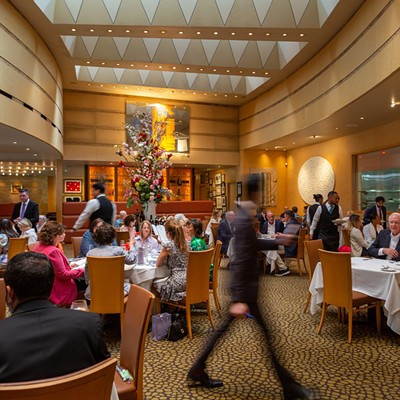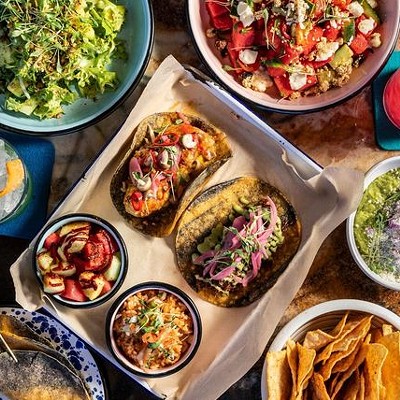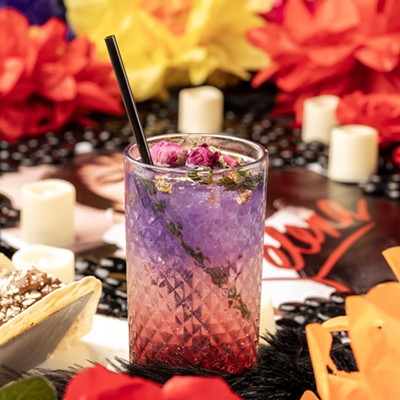In honor of Bastille Day, many an American will be chowing down on greasy French fries tonight, using the excuse of "Hey, it's French independence day" as an excuse to gorge on the tasty fried potatoes.
But, damn, there are simply so many things wrong with the statement above. Let's start with the most glaring error: Bastille Day is not French independence day. Unlike the United States, the French weren't ruled by some overseas government nor were they a colony of a larger empire. Bastille Day simply commemorates the storming of the Bastille, a now iconic French prison where enemies of the French monarchy had been imprisoned. The storming of the prison and the release of its seven prisoners (yes, there were only seven) by the French people set in motion the country's revolution and the fall of the monarchy.
In past years, the French president would pardon petty criminals -- usually people with outstanding traffic tickets and the like -- on Bastille Day, which sort of makes it cooler than the Fourth of July. But current President Nicolas Sarkozy, apparently unconcerned with doing things that might make his country like him again, discontinued the practice in 2007. America, your Fourth of July celebrations are tops once again.
The second glaring error in the first paragraph is this: French fries. Yes, we call them French, but they aren't. They're Belgian and date back to 1680. Although the French may want to claim this popular food as their own invention, the truth of the matter is that they're only called French fries in reference to the language that Belgians speak, not in reference to the country from which they came.
Guess what else isn't French? All of the foods listed below.
4. French Toast: Invented in Spain during the Middle Ages, and most likely as a result of Arab influences on the country at the time. The Middle Ages, folks. Bet you didn't know IHOP was serving ye olde ancient food alongside its Rooty Tooty Fresh & Fruities. Pain perdu is a popular French variation on French toast, but they can't lay claim to inventing this breakfast favorite.
3. Quiche: This one really stings. One of the most beloved French foods isn't French at all, but German. Quiche is just a bastardization of the German word kuche, meaning cake. True, the region where the quiche was invented -- Lorraine -- is now a part of France. But when the quiche first originated in the Middle Ages (yes, again, the Middle Ages), Lorraine was Lothringen, and it was as German as Colonel Klink. One wonders if the taste of bitterness is baked right in to the quiches, or if the French secrete their own potent blend as they eat the "kuche."
2. Tarte Flambée: Like so many popular foodstuffs of the Alsace region of France, tarte flambée is -- you guessed it -- German. That's because, like Lorraine, Alsace was also once part of Germany and its food history has strong Alemannic influences. Spaetzle is just one other important example. But that shouldn't put you off the extraordinary dish that is tarte flambée, or -- basically -- French pizza. The dough is covered with crème fraîche, lardons and onions, then baked in a wood-burning oven. You'll forget Italy even exists.
1. Baguettes: Yes, that classic symbol of French cuisine -- the item that is to French food as the beret is to French fashion -- is not French. Cue the Sad Trombone. The baguette is actually Austrian in origin. Not as culturally offensive as if it were German, but cutting it pretty close. Most people agree that the modern baguette is the descendent of pain viennois, an Austrian bread introduced to Franch in the 1800s. And although there are trifling battles as to whether it was the pain viennois or the Kaiser roll that gave birth to today's baguette, what's clear is that the French have Austria to thank for one of their most popular foodstuffs.





